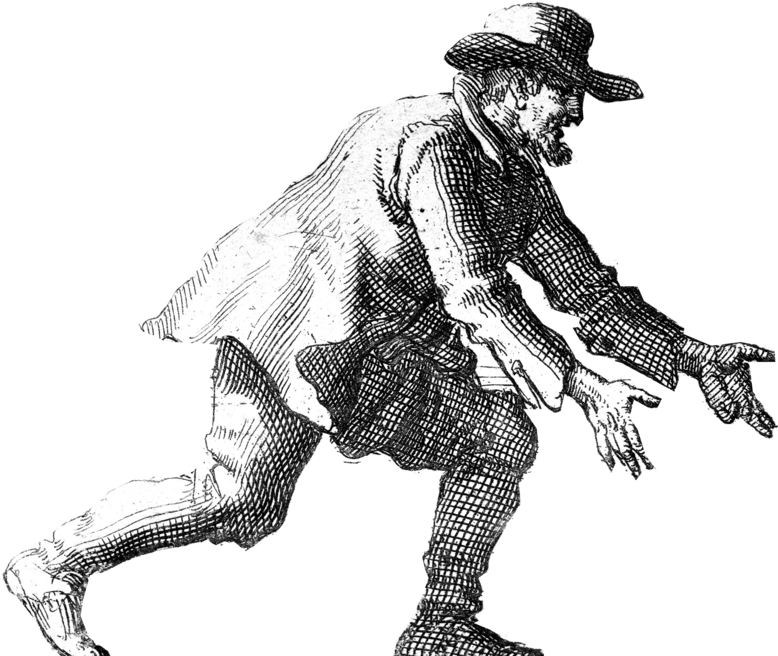More on Moral Philosophy
A guest post from long-time reader and friend of this blog Henry. Henry finds Heinlein’s “moral philsosophy” might be a product of Heinlein’s own education and life experience.
Previous “moral philosophy” post.
Henry writes:
If Robert A. Heinlein formally studied ethics, he may have come across the idea of non-cognitivism. Non-cognitivism posits that ethical sentences do not express cognitive states, meaning that they cannot be true or false. For example, a non-cognitivist might say that the sentence “murder is wrong” expresses something closer to “boo murder” or a dog barking at something it dislikes, than anything that can be true or false. There are several variants of non-cognitivism, but in general they are all a type of anti-realism, which means that it denies that there are objective moral properties. This position is still held by some, but fell out of fashion in part due to images of concentration camps after World War II. The idea that there must be something wrong, regardless of what any individual thinks, with genocide is at least somewhat incompatible with non-cognitivism. Having been in the Navy during WWII, Heinlein may have been particularly affected by that argument, causing him to swing extremely far in the opposite direction, leading him to the view that all moral statements can be proven.
It probably requires mentioning that he may not have held that view himself, and it was merely several characters in Starship Troopers implying such a principle. However, though it’s been a while since I read the book, the repeated appearance of that idea, and the way it was integrated into the overall themes of the book, gave me the strong impression that he did hold that principle. In particular, I don’t recall any character pushing back on the idea at all. Even if Heinlein didn’t himself hold that view, a study of ethics followed by his experiences in WWII could still have led him to integrate that idea into his works.
